12 Tips That Kept Our Guts Healthy and Inflammation-Free in 2017
Keeping your gut healthy is one of the most important things you can do for your well-being. When your digestive system is messed up, sheer chaos in the body can ensue, like compromised emotions and mental health, a sensation of constant bloat, and even more serious issues down the line.
Luckily, the conversation about keeping the bacteria in your tummy happy got even more serious this year—and there are plenty of ways you can make sure your gut health stays on track. From food swaps to supplements and fitness tweaks, here are a handful of tips that have kept inflammation out of 2017.
12 tips that kept our guts healthy this year.
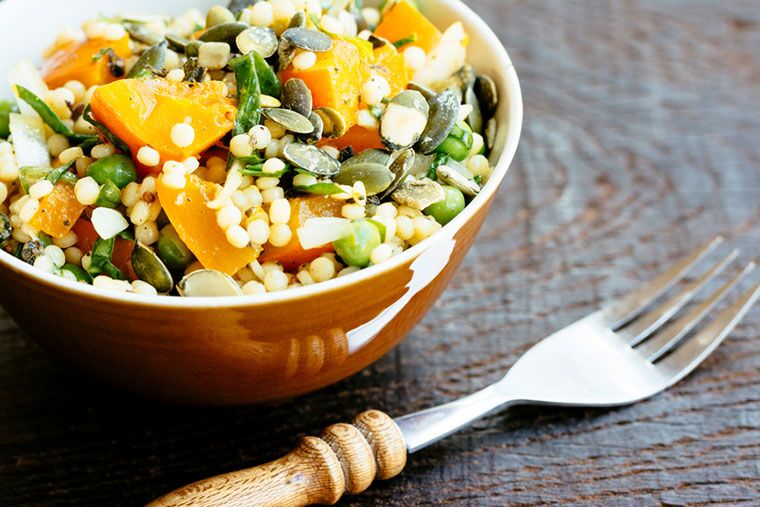
1. Swap your go-to grain for Job's tears
While grains like oatmeal, quinoa, and brown rice are always good choices, one lesser-known pick in particular is known to help in the gut health department. According to nutritionists, Job's tears is super-easy on the digestive system and has even been found to protect the GI tract, increasing good bacteria in the gut that could help reduce ulcers. Plus, it won't make you bloat.
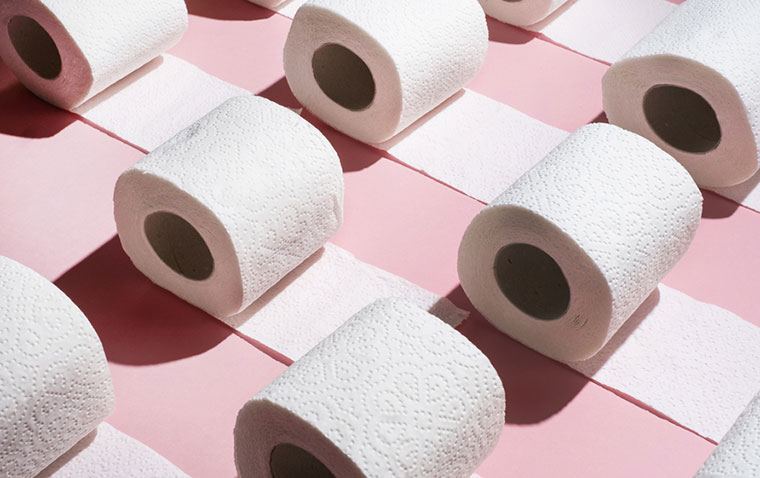
2. Pay more attention to your poop
No one loves looking in the toilet after doing their business, but taking a peek could do wonders for your gut health. The size, color, and smell, among other factors, can tell you a lot about your body—like if you're dehydrated or your diet is lacking fiber.

3. Take at-home tests to biohack your microbiome
Since your gut health drastically affects everything else, it might be worth taking advantage of a new generation of at-home tests that can tell you what to eat and which types of workouts you should be doing to better your digestion.
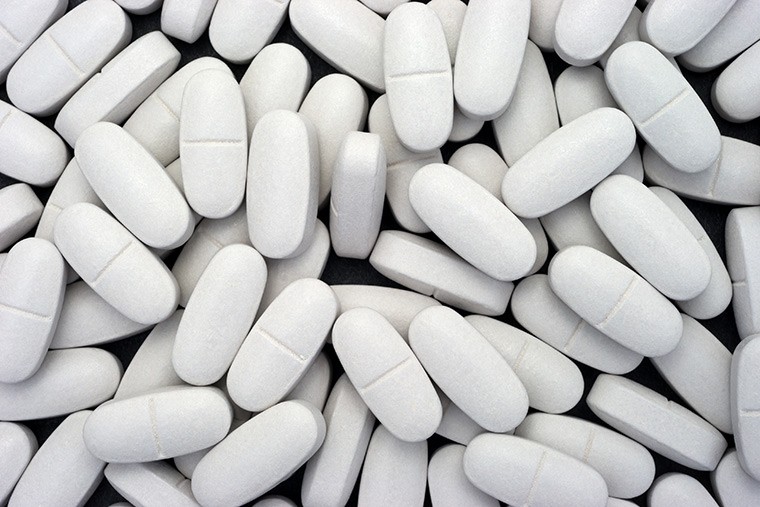
4. Take magnesium to get your gut health back on track
If you're dealing with IBS—which typically entails lots of bloating, cramps, and diarrhea—magnesium supplements can help relax the muscles in your gut and get your body feeling top-notch again.
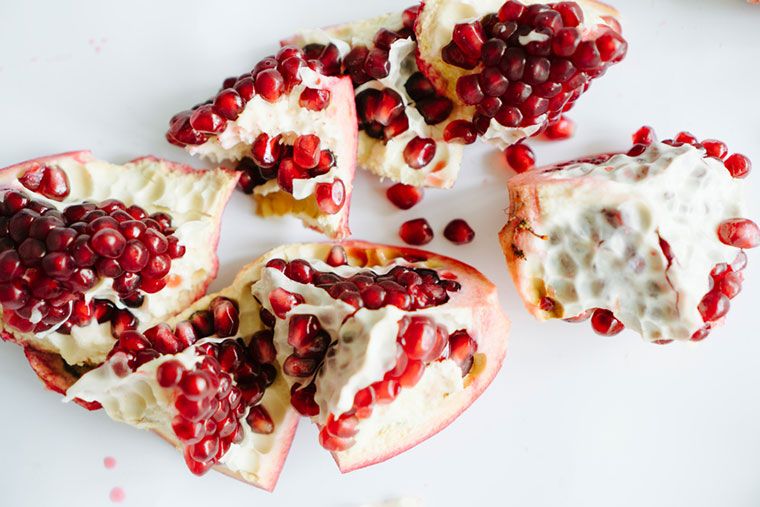
5. Eat more pomegranates
Sure, kimchi and sauerkraut are great for your gut—but according to new research, there are other foods that can keep your bacteria happy too. The natural compounds in produce like pomegranates, red grapes, pears, mushrooms, lentils, soybeans, and green peas activate autophagy, which researchers found can help prevent inflammation and ease symptoms of gut disease.
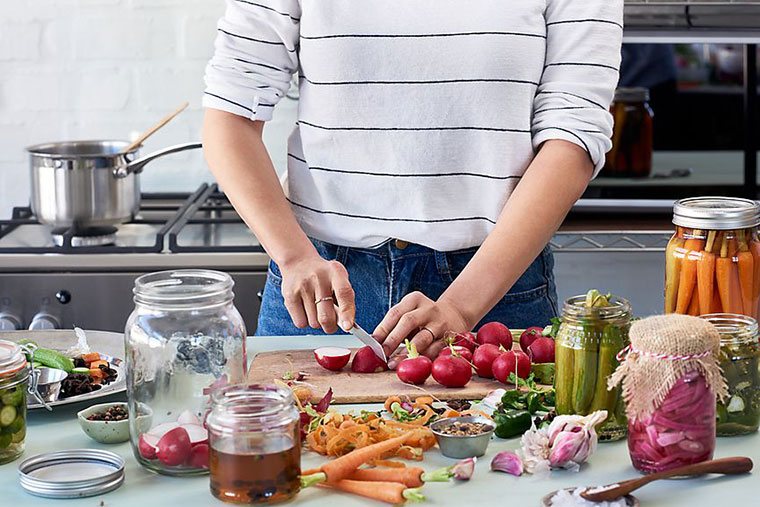
6. Pay attention to your candida levels
You might not think much about candida, but the fungus—which is a yeast commonly found in the gastrointestinal tract—can make or break your gut health. If overgrowth occurs, you might start having digestive issues—and that's why getting your levels checked could better your well-being.

7. Stop overexercising
No, seriously—stop it. When you work out too much, you stress out your body—and that messes with your digestion. Soon enough, you might be dealing with inflammation-causing leaky gut, which could lead to even more serious issues.
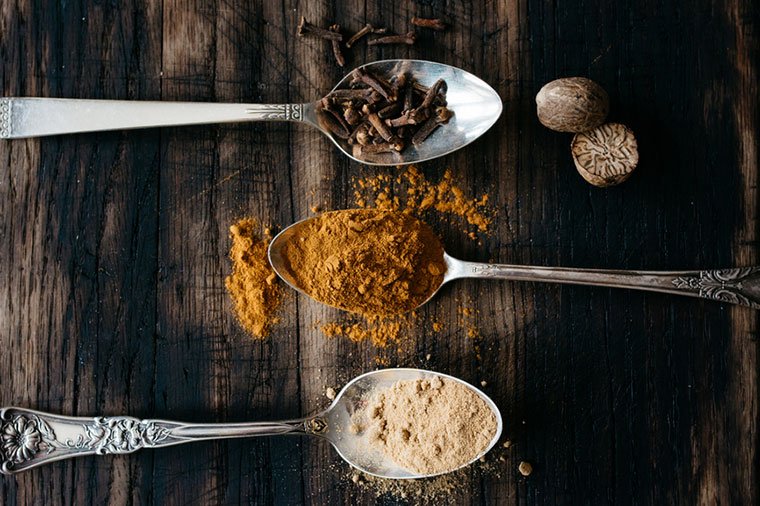
8. Add ginger to your meals
If you know certain foods—like kale salads or sushi—typically cause bloating or discomfort, add some ginger to the meal: According to one doc, the warming herb can help prevent the issue altogether by balancing out cooler dishes. (Also, add cinnamon and nutmeg—two other warming spices—to amp up your health even more.)

9. Keep taking probiotics
This year more and more research supported the impact probiotics can have on both the body and the mind. One study showed that keeping your gut healthy has a big impact on your mood and mental health.
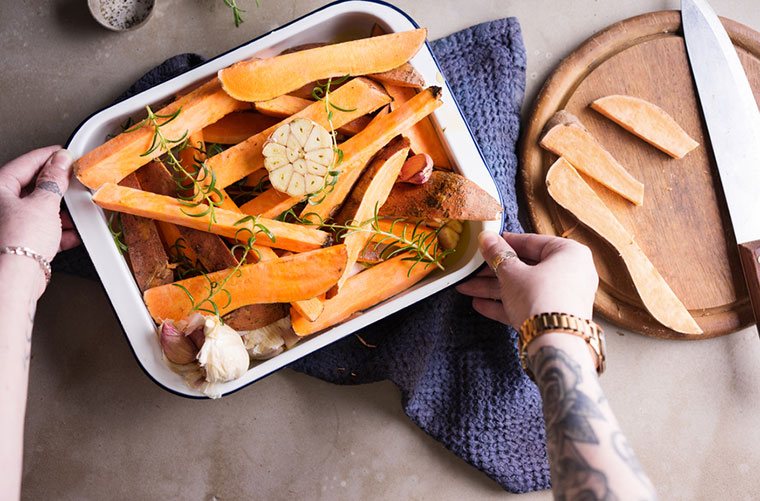
10. Eat more fiber
There are many reasons why the Hadza people in Tanzania are so healthy, and one of them is that the hunter-gatherers eat a lot of fiber. While Americans typically get around 15 grams a day, they get upward of 100—and upping your intake will give your body extra bacteria that will keep your gut happy.
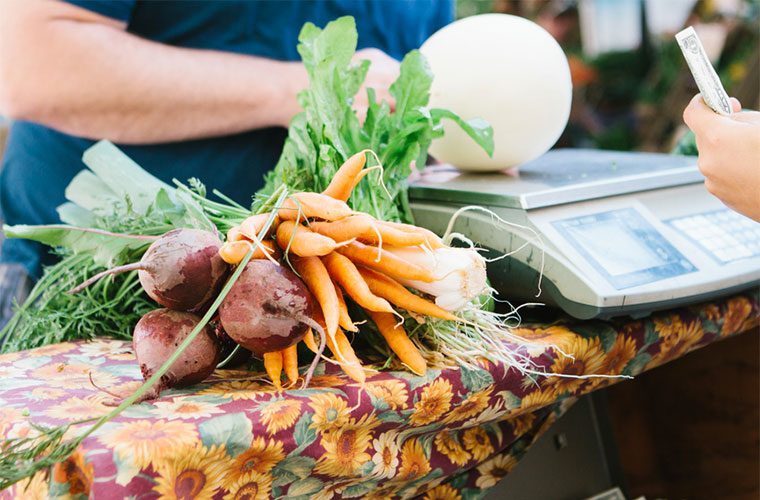
11. Don't be afraid to eat dirt
If there's some dirt on the carrots you grabbed at your local farmers' market, leave it. Soil-based organisms (SBOs)—which are found in the dirt—helped your ancestors get a natural dose of probiotics, and they could help your gut health out, too.
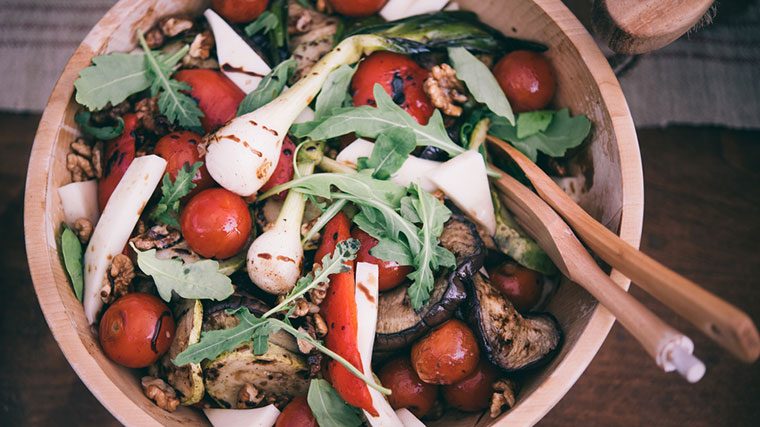
12. Cut back on lectins
According to one doctor, lectins—which are proteins plants use to protect themselves from being eaten—could actually be behind your gut issues. Grains, legumes, and nightshades have super-high concentrations and could lead to inflammation, so if you feel crappy after eating them, that could be why.

{{post.sponsorText}}
This surprising fitness-gut connection could take your workout to the next level. Or check out this major gut-health innovation.
Loading More Posts...